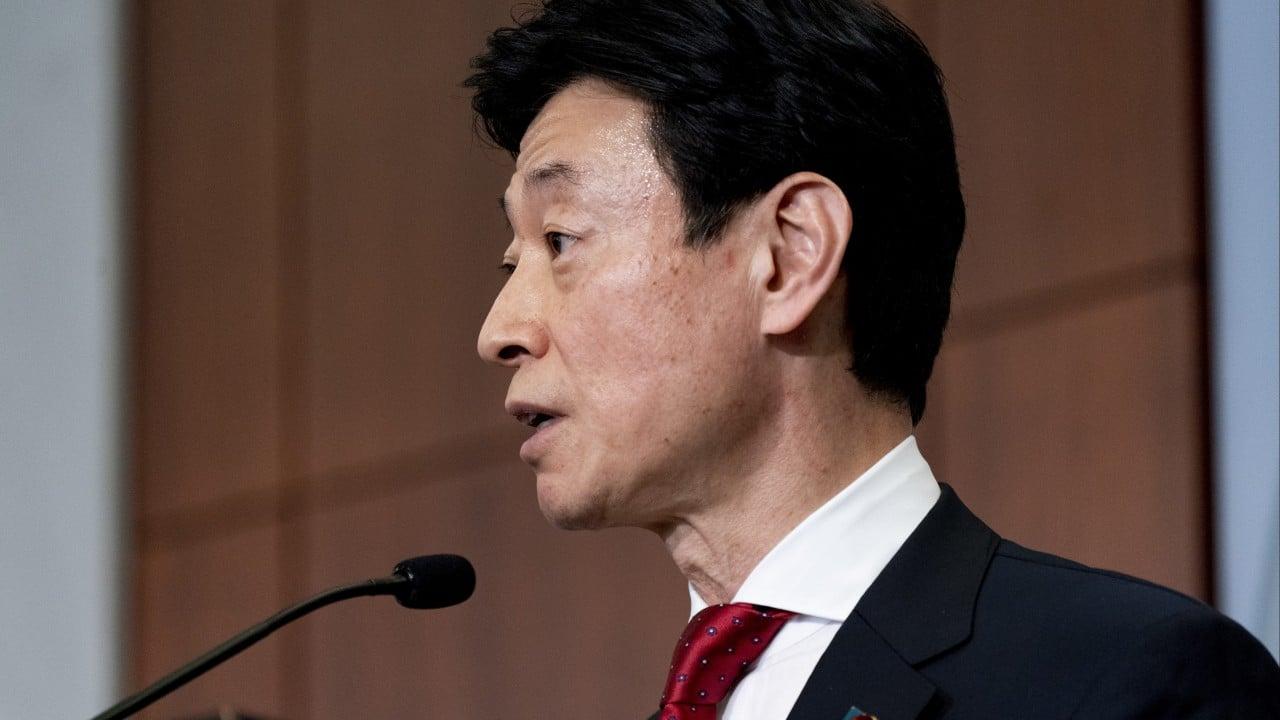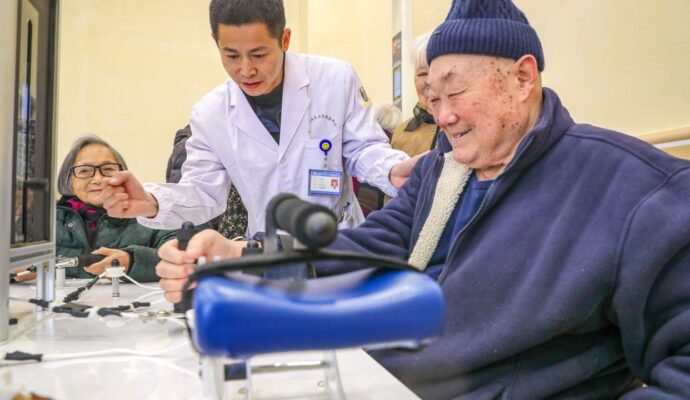
The administration of President Joe Biden made sweeping updates to its export controls in October to inhibit Beijing’s ability to acquire high-end US chip technology and equipment, and blocks US citizens from working for certain firms.
Since then, it has been argued that Washington’s success depends on a unified stance from its key allies, including advanced chip tool makers Japan and the Netherlands.
Whether Washington was sacrificing its allies’ interests for its own has been a point of contention, raising speculation as to which of its partners and to what degree they would follow through.
Japan and the Netherlands have agreed in principle to join the US in tightening controls over the export of advanced chipmaking machinery to China, Bloomberg reported in December, citing people familiar with the matter.
After witnessing one global shock after the other following the Covid-19 pandemic and Russia’s invasion of Ukraine, Japan learned that “we must not be overly reliant on other countries, especially on only one specific country, for goods and technologies that are indispensable for our industries and our daily lives”, said Nishimura.
“Building up our economic security is a matter of great urgency.”
He said Japan and the US should join forces to drive global innovation for semiconductors, biotechnology and other important emerging technologies.
“To do this, we must make bold investments at a scale never seen before.”
US Commerce Secretary Gina Raimondo, who met with Nishimura in Washington on Thursday. Photo: AFP via Getty Images/TNS
He hailed a joint project between IBM and Japan’s government-backed chipmaker Rapidus to fabricate 2-nanometer chips as “symbolic of Japan-US semiconductor cooperation” when talking about his meeting with the US Commerce Secretary Gina Raimondo on Thursday morning.
He also called for expanding bilateral hi-tech cooperation in the fields of quantum science and technology and artificial intelligence.
The Japanese minister will also hold talks with US Trade Representative Katherine Tai on Friday, where advancing international coordination on countering forced labour – a bone of contention in the US-China trade relations – was on the agenda.
Japanese Prime Minister Fumio Kishida is scheduled to meet with Biden at the White House on January 13.
US Secretary of State Antony Blinken and Defence Secretary Lloyd Austin will co-host the 2023 US-Japan Security Consultative Committee meeting with Japanese Foreign Minister Yoshimasa Hayashi and Defence Minister Yasukazu Hamada on Wednesday in Washington.
“I would expect that there will be discussion of the challenges that are presented” by China, State Department spokesman Ned Price said on Thursday.
“Our approach to PRC is, in many ways, rests on alignment with allies and partners around the world,” he added.
Japan’s cabinet revised its national security strategy documents in December and upgraded China to “an unprecedented and the greatest strategic challenge”.
The newly formulated documents showed that Japan “absolutely cannot tolerate unilateral attempts to the status quo by force” in the East China Sea and South China Sea, said Nishimura.
“Now, as authoritarian countries are deepening their confidence in their own military might, it is essential for us to solidly build up our deterrence capabilities,” he said, noting Japan would invest more in hybrid warfare-related technologies.
“We hope to build up the development of dual-use technologies and supply chain cooperation, together with the [US] Department of Defence,” he said.
Nishimura said it was an undeniable fact that “authoritarian countries have amassed tremendous power, both economically and militarily”.
He added: “A complete decoupling is also already impossible.”
Additional reporting by Bochen Han in Washington


